blog
Interview with photographer Vicente Fraga
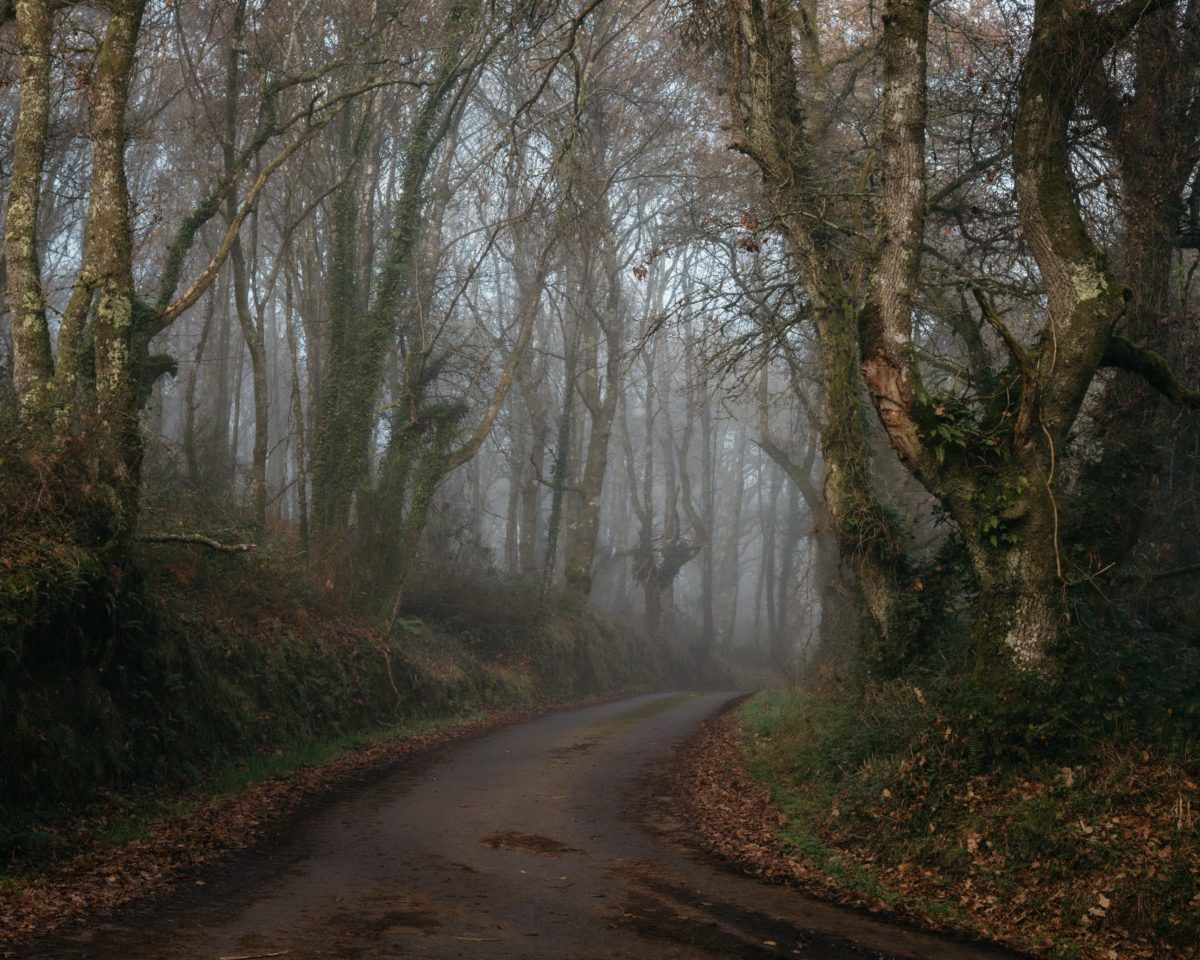
from ‘Adeus” © Vicente Fraga
F-Stop Magazine Issue #119 features the work of Vicente Fraga. Images are featured from his project Adeus. Fraga creates attentive portraiture, quiet landscapes and vignettes of the disappearing traditional way of rural life for people from the Galicia region in Spain. His encounters with people have left a profound impact on him; and he represents these re-encounters with his heritage and his culture through photography.
“What you do with time, time respects.” Vicente Fraga
Cary Benbow (CB): This issue was an open theme, so photographers could submit any project or image they wished. Why did you submit work from your ‘Adeus’ project?
Vicente Fraga (VF): ‘Adeus’ is possibly the best letter of introduction I can offer about my work and who I am. It allows me to explore fundamental aspects of the human condition and what my references are on a level that goes beyond the photographic.
CB: How does ‘Adeus’ relate to your other projects, or how does this work differ significantly?
VF: I would use the metaphor of a tree to talk about “trunk” projects and “branch” projects. ‘Adeus’ is a trunk project. It is a work to which I put no limits to its development because it is parallel to my own life process, since it contains what I am, the values in which I have been educated and the culture in which I have grown up. Carrying out this type of project is precisely what attracts me most to photography.
CB: What inspires you to create work, why do you photograph?
VF: I am a person who enjoys nostalgia and attaches great importance to memories. All photographs belong to the past. I photograph to remember and to show what matters to me. Perhaps photography is the medium I feel most comfortable with when it comes to expressing what I feel. A way to reconstruct myself through my own images.
CB: What do you want viewers to learn or feel from your project? What kind of stories do you want to tell?
VF: I show my photographs so that others can enter my world, by doing so I am opening a window that shows who I am. Although I never appear in my photographs, I am in all of them. What my images show is what I decide to gather from what surrounds me so that others can get to know it. To be able to generate that interest, that connection with the viewer who contemplates them, that is success for me.

from ‘Adeus” © Vicente Fraga
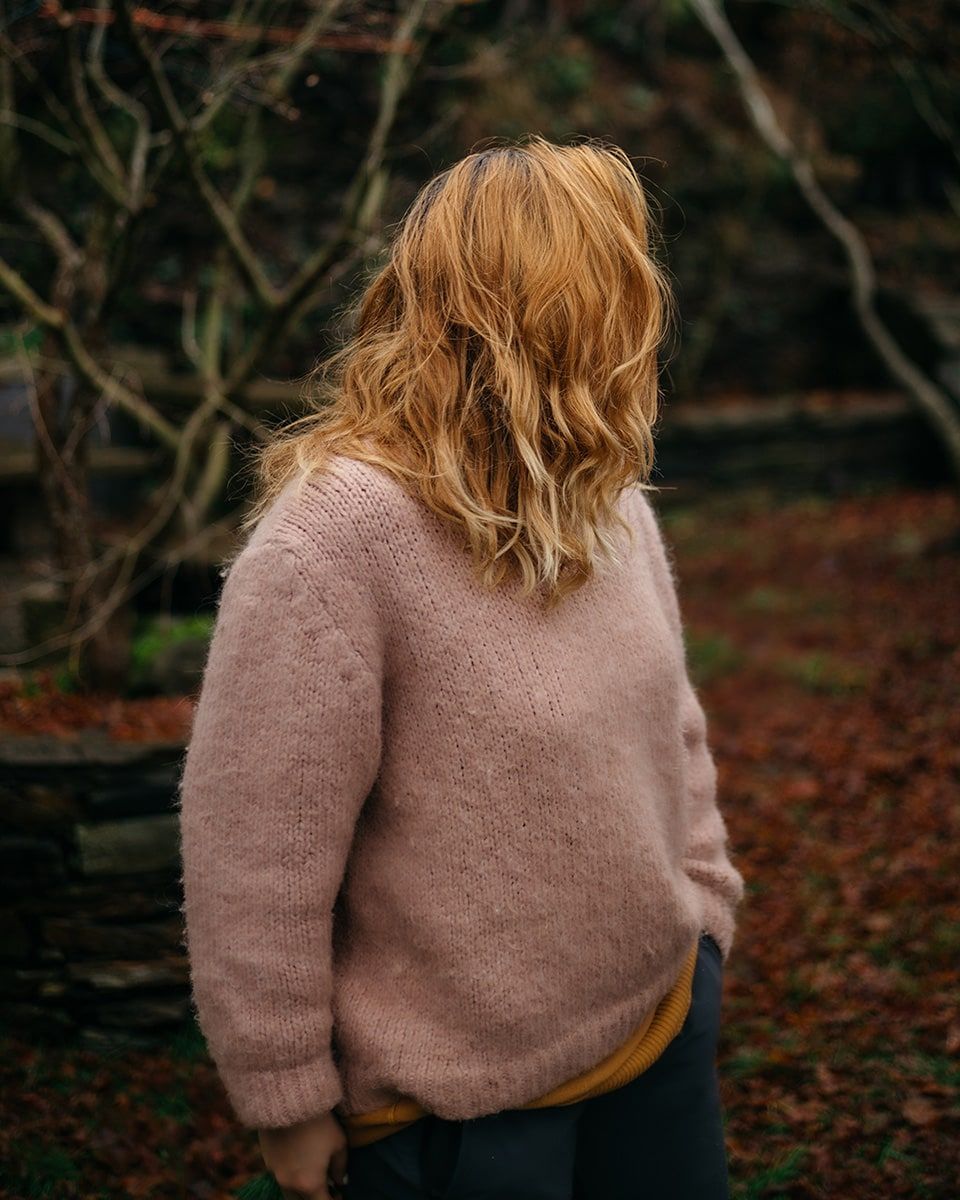
from ‘Adeus” © Vicente Fraga
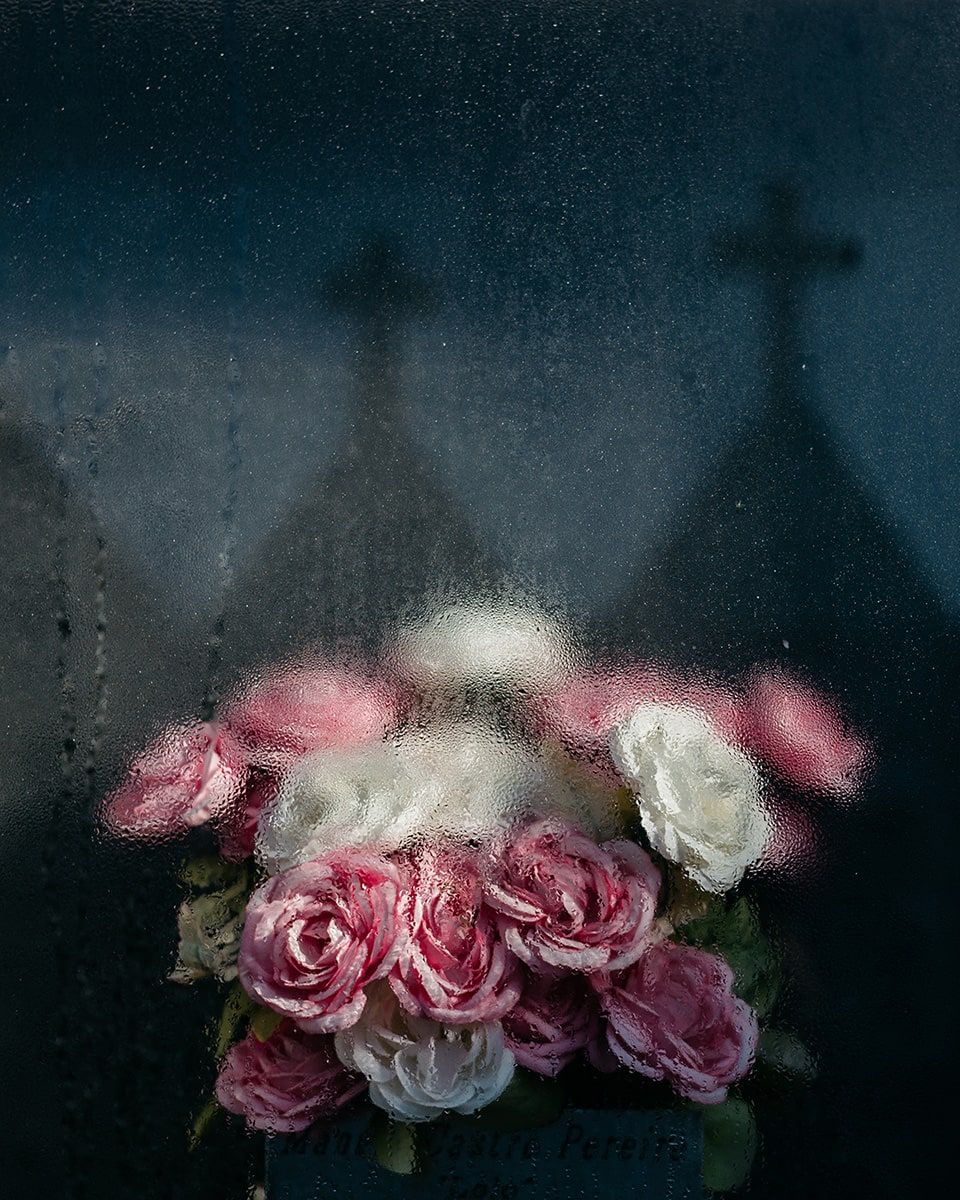
from ‘Adeus” © Vicente Fraga
CB: There are so many ways to express oneself in the 21st century world; you studied engineering and architecture – what makes photography your medium of expression?
VF: There is nothing that ties me sentimentally to engineering and architecture, maybe there was at the beginning, but it faded over time to become a mere job. Photography, on the other hand, came into my life to become a refuge. Once inside, I became aware of all that it brought me, there is something in the fact of picking up the camera that connects with a way of being in the world in which I recognize myself and perhaps because of that, photography has become a fundamental part of my life.
CB: Much of your work is documentary style. What do you think are the “duties” of a documentary photographer? Or… what obligation do you have to the places and people you visit in your photos?
VF: I think the greatest virtue a photographer can have is his education. In each and every one of its meanings. The obligation should not be an imposition but something natural that arises through respect both for what you do with absolute interest, as well as in your relationship with the people you meet along the way. The photographs I take are the consequence of those experiences, of those encounters. Sometimes they are better and sometimes worse, but without a doubt education is the most important thing.
CB: Which photographers do you draw inspiration from? Do they influence your own creative process?
VF: I admire photographers who allow me to get to know and travel into their own world through their work. That’s the success I was talking about before, to generate interest in the viewer for what is shown. Discovering those kinds of photographers, analyzing their work and imagining them behind the camera living those moments, all that it must have meant to them, is something that I find very inspiring.
As a historical reference I would name Ruth Matilda Anderson, a fascinating American photographer who around 1920 toured Galicia doing wonderful work on rural culture. As a current reference I would name Tadas Kazakevicius, a Lithuanian photographer who documents and shows everything that awakens his interest in a simple, clean and admirable way.
CB: Your work in ‘Adeus’ is specific to a particular place, Galicia, correct? For people who are not familiar with this area of Spain, what significance does this region have for you?
VF: ‘Adeus’ speaks to the slow but steady process of the disappearance of Galicia’s traditional rural culture. I was lucky enough to grow up in a small village in the province of Pontevedra, not far from the urban environment. There I grew up happy, in contact with a kind of people who have always been aware of the roots, something that has undoubtedly been very important in my life, in fact, they are the last witnesses of our origins, all I do is pay attention to what they have to say. I believe that portraying the landscape and the people who inhabit it speaks, from the local, of a song shared by any culture. The music of these images can resonate in the ears of any inhabitant of the planet, after all, these faces are a symbol that invites us to take a better and deeper look at what we are.
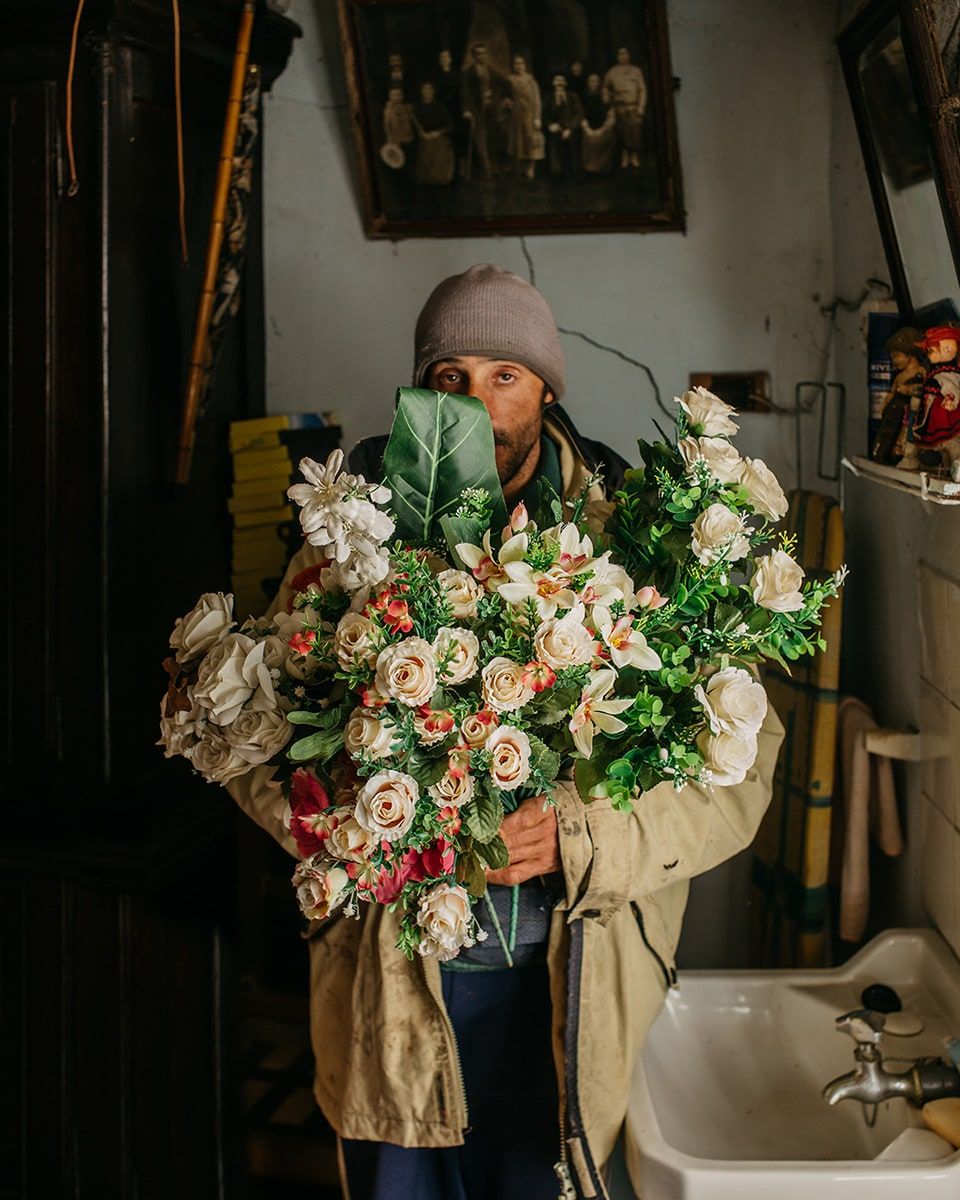
from ‘Adeus” © Vicente Fraga
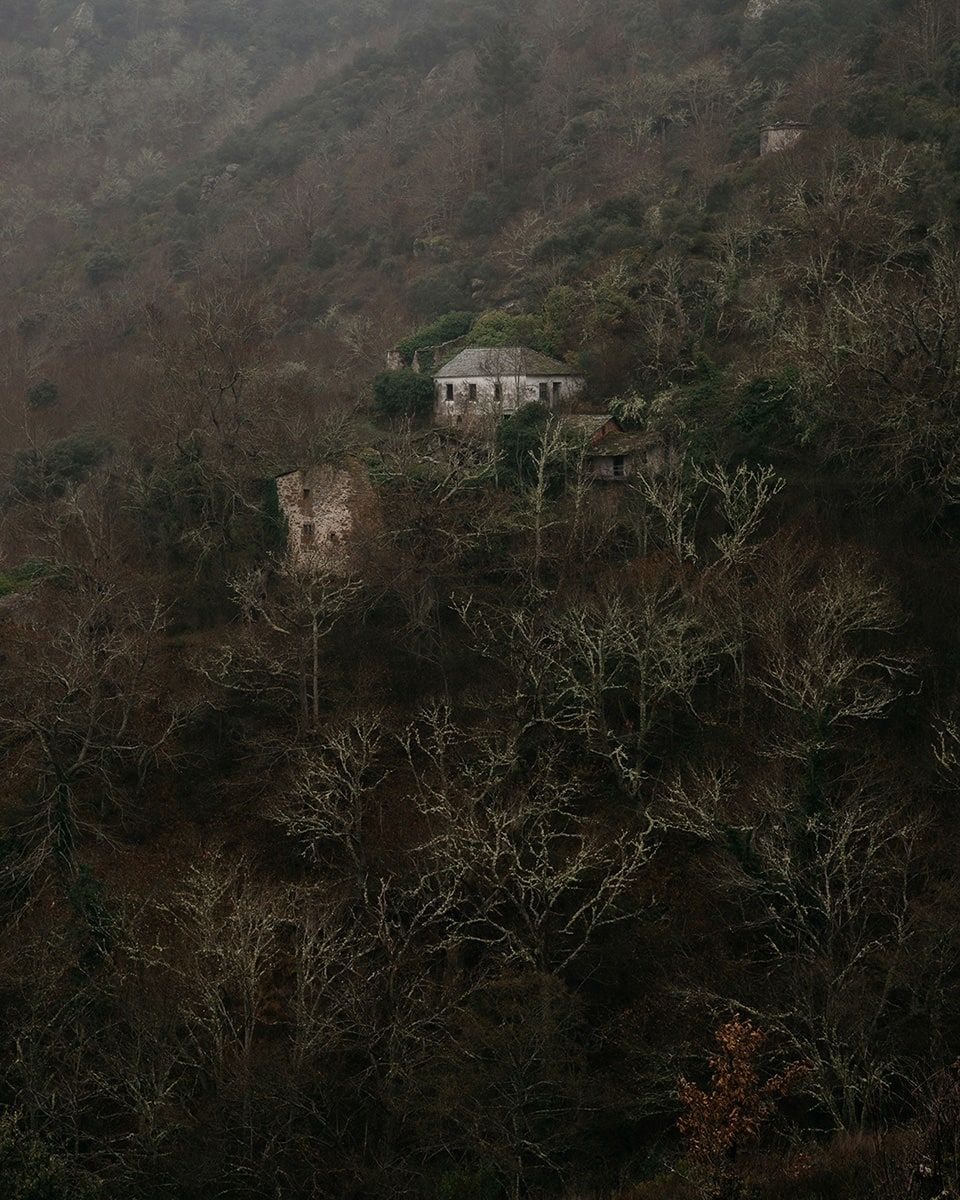
from ‘Adeus” © Vicente Fraga
CB: This work feels very connected in multiple ways to this place and these people; Can you tell me more about what ‘Adeus’ personally means to you?
VF: Undertaking this work of approaching and immersing myself in the rural world, has served me to confirm the feeling of belonging and closeness to this territory, as well as to delve into my own family memories, rediscovering my own intimate mythology. Traveling through these places and connecting with their people, allows me to recreate the lost world of our grandparents, a world full of small worlds, a way to recover a past of which we are part. This project aims to be a tribute to the people who survive and to those who were part of that culture. With my photographs I try to offer a reflection of that life that can be contemplated now and by the next generations, who come from a world that will not have known or experienced all that rural life means to our culture.
CB: How would you describe your photography to someone unfamiliar with it?
VF: I guess calm, slow. There is a phrase I like to repeat a lot. “What you do with time, time respects”. I like to enjoy the personal process that surrounds photography beyond the making of the image itself.
CB: Do you keep a journal, take notes or write about the places and people you see?
VF: I keep many journals, usually one per project, although in the case of ‘Adeus’ I am about to start my third. The notebooks are a fundamental part of my work. I write down the experiences of each outing, important facts and my own feelings and reflections about the people I meet. I make maps with the locations of my photographs and keep the phone number of those I meet, so that I can visit them again if I pass through the area. I enjoy writing these notebooks because they give me a physical understanding of how wonderful photography can be. What is usually shown of a work is an image, a set of snapshots, moments frozen in time, but it is important to focus on something: the photographer has had the privilege of living that experience. That’s where I think the key to everything is, where the real photographic challenge lies: to be able to transmit what you live through a single image.
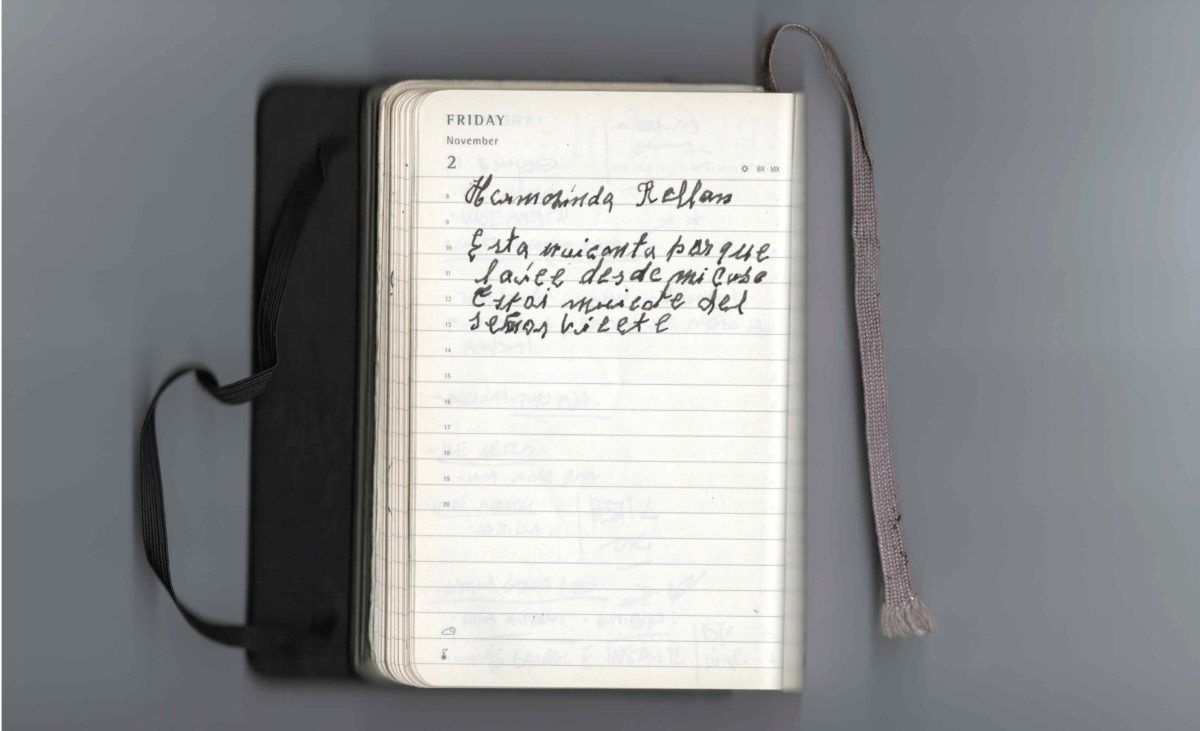
Photograph of journal entry by Hermosinda Rellan. “I am very happy because I spoke from home. I am very happy about Mr. Vicente.” © Vicente Fraga
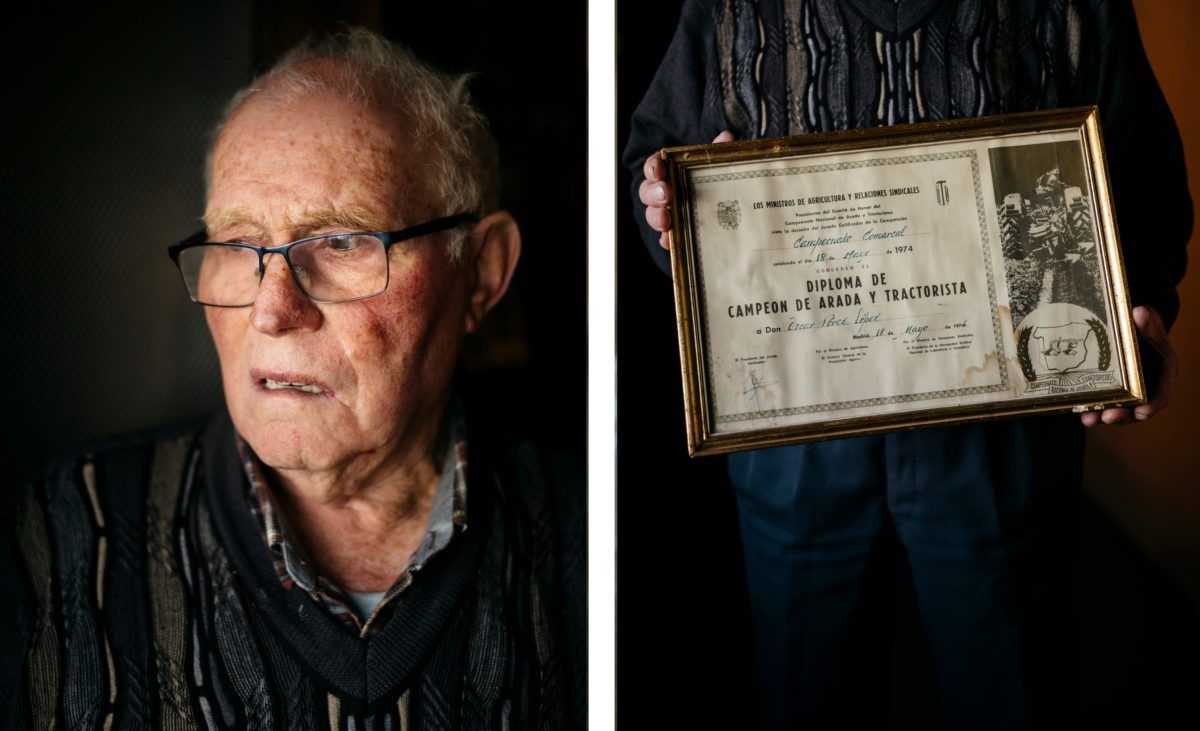
Oscar at home, with his 1974 Tractor Champion diploma. © Vicente Fraga

O Courel, January 2023 © Vicente Fraga
::
Vicente Fraga is a Spanish photographer with a background in architecture and engineering. His documentary-based style of photography is centered on place and subjects he is personally attached to. His work has been featured by publications like Handbali Magazine, Black Flower Publishing, Too Tired Project, Urbanautica Institute, and others. To learn more about Fraga and see more of his work, visit his website or Instagram feed at @vicentefraga_
Location: Online Type: Featured Photographer, Interview
Events by Location
Post Categories
Tags
- Abstract
- Alternative process
- Architecture
- Artist Talk
- artistic residency
- Biennial
- Black and White
- Book Fair
- Car culture
- Charity
- Childhood
- Children
- Cities
- Collaboration
- Community
- Cyanotype
- Documentary
- Environment
- Event
- Exhibition
- Faith
- Family
- Fashion
- Festival
- Film Review
- Food
- Friendship
- FStop20th
- Gender
- Gun Culture
- Habitat
- Hom
- home
- journal
- Landscapes
- Lecture
- Love
- Masculinity
- Mental Health
- Migration
- Museums
- Music
- Nature
- Night
- nuclear
- p
- photographic residency
- Photomontage
- Plants
- Podcast
- Portraits
- Prairies
- Religion
- River
- Still Life
- Street Photography
- Tourism
- UFO
- Water
- Zine

Leave a Reply